Mechanism of Action
1. Phosphorus Solubilizing Bacteria contains Bacillus megaterium & Bacillus Polymyxa bacteria which have attracted the attention of agriculturists as soil inoculums to improve the plant growth and yield.
2. When PSB is used with rock phosphate, it can save about 50% of the crop requirement of phosphatic fertilizer.
3. The use of PSB as inoculants increases Phosphorus uptake by plants.
4. The phosphate solubilizing bacteria (PSB) which solubilizes the inorganic soil phosphates of calcium and iron through production of several organic acids, hydroxyl and carboxyl groups, and chelating them to the bound phosphates and the available calcium.
Soil Application:
Add 1 Liter of Phosphorus Solubilizing Bacteria in 1 acre of land through drip irrigation or drench the soil at proper moisture of land.
Benefits of Phosphorus Solubilizing Bacteria
1. PSB solubilizes insoluble phosphate for easy uptake by crops.
2. Reduces 25 to 40% of phosphoric fertilizers cost & PSB Increases the level of available P2O5 in the soil.
3. It also improves the fertility of soil and reduces the use of chemical fertilizers .
4. It is Harmless, Eco-friendly and low cost agro-input.
5. Adds nutrients to the soil / make them available to the crop & secrete certain growth promoting substances.
6. It help the proliferation and survival of beneficial microorganisms in soil.
7. PSB provides most active form of phosphorus solubilizing bacteria and starts functioning immediately after application in soil.
Crops
Rice, Bajra, Wheat, Maize, Oats, Barley, Rye, Millets, Sorghum, Banana, Avocados, Apple, Guava, Mango, Orange, Papaya, Grapes, Pomegranate, Dragon Fruit, Watermelon, Potato, Tomato, Okra, Cabbage, Spinach, Bitter gourd, Bottle gourd, Cucumber, Capsicum, Chick pea, Mung bean, Castor, Groundnut, Mustard, Cotton, Soybean, Rapeseed, Chilli, Turmeric, Ginger, Clove, Garlic, Cinnamon, Coriander, Cumin, Pepper, Sugarcane, Sugar beet, Rose, Tuberose, Tulips, Carnation, Marigold, Aster, Sun Flower, Jasmine, etc.

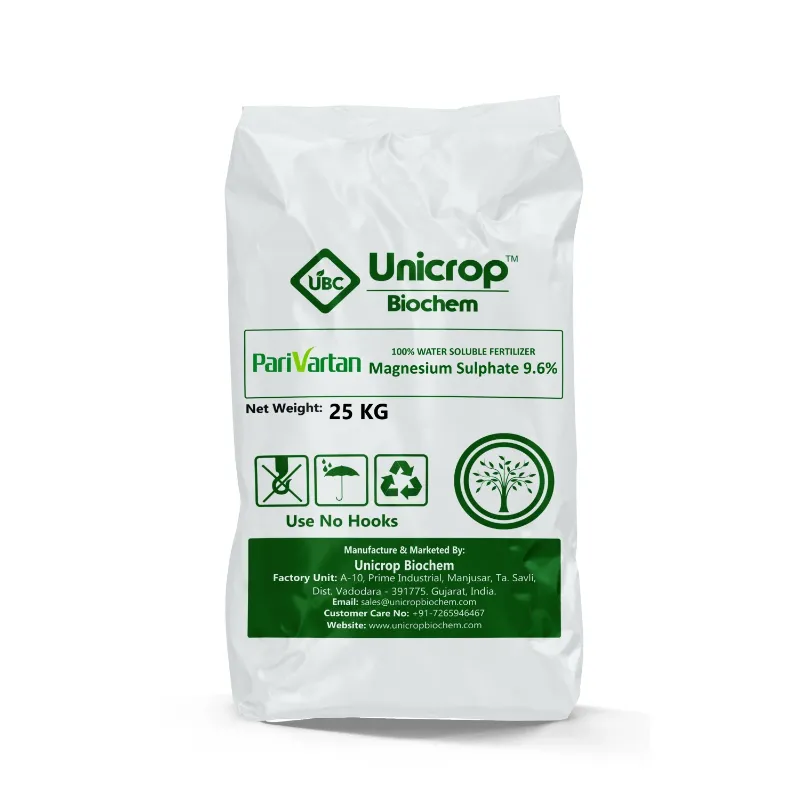

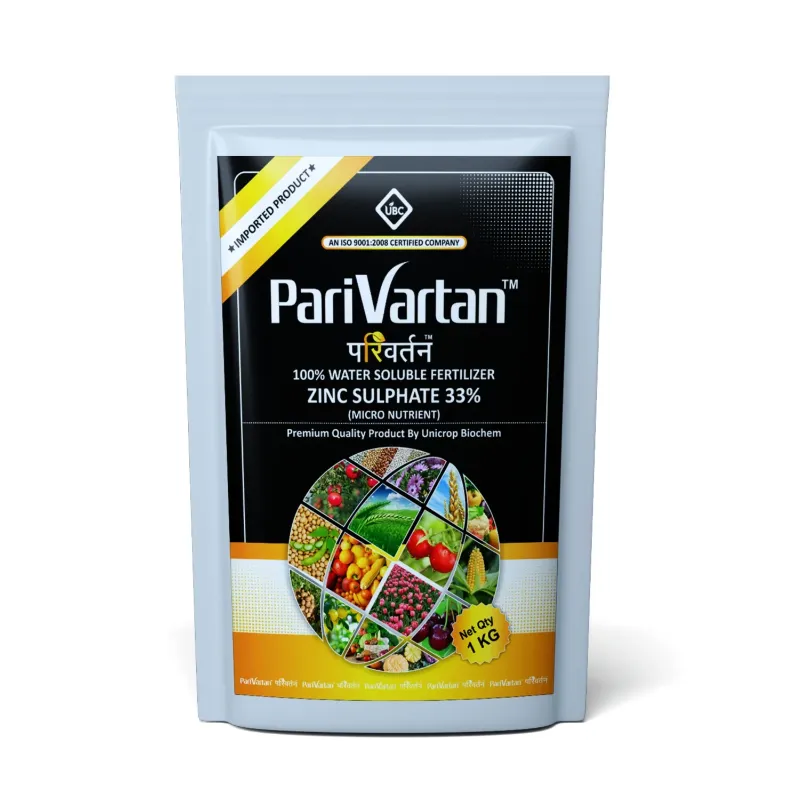

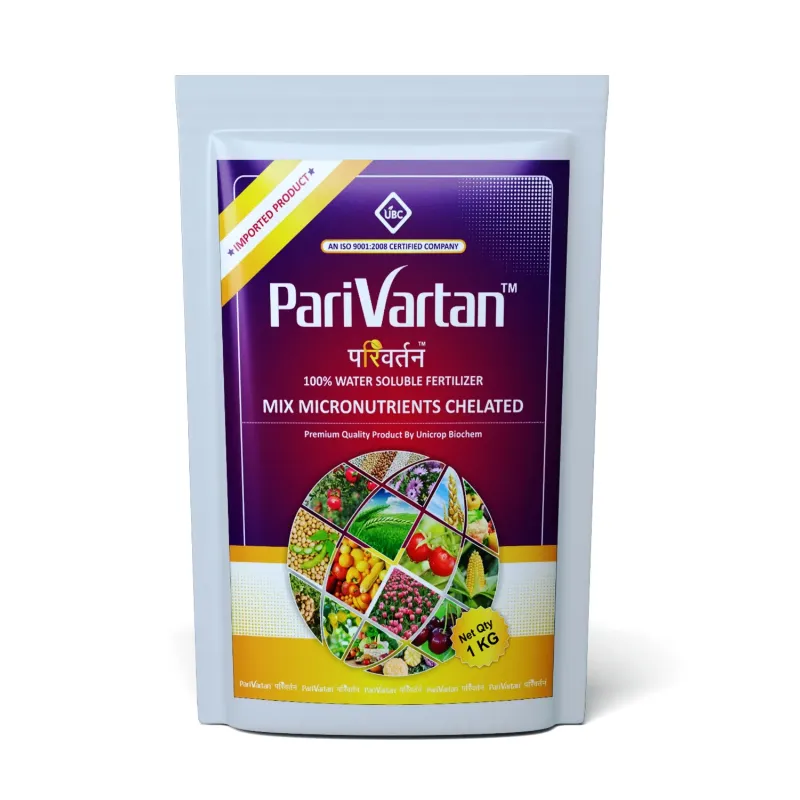

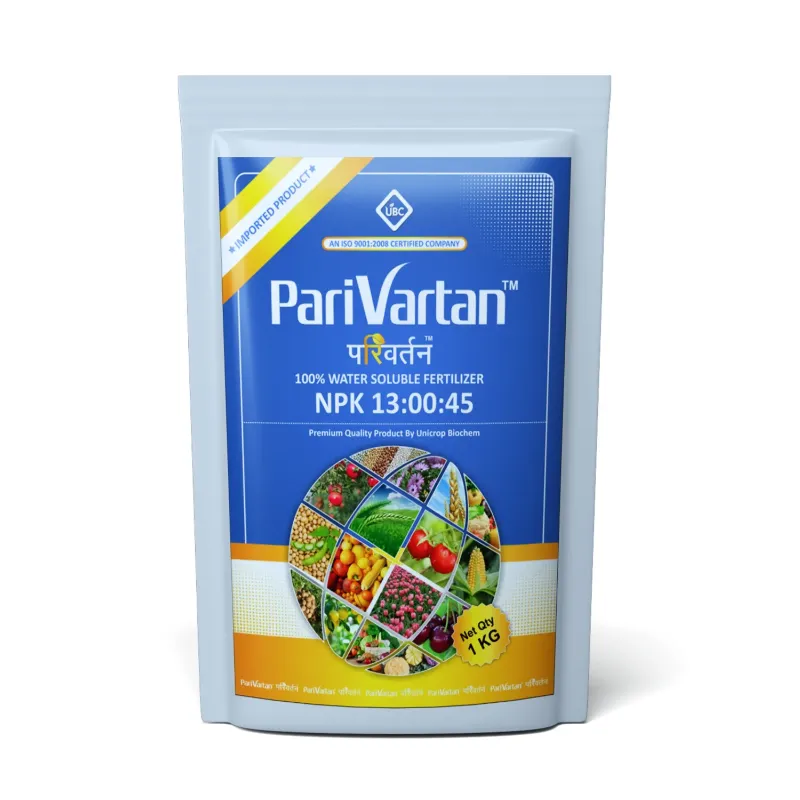
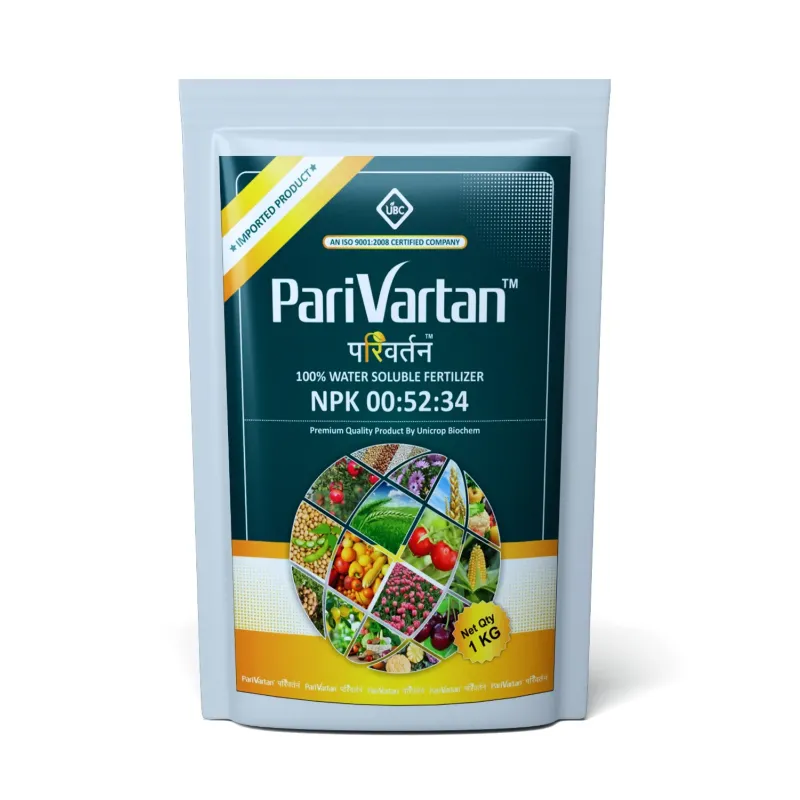



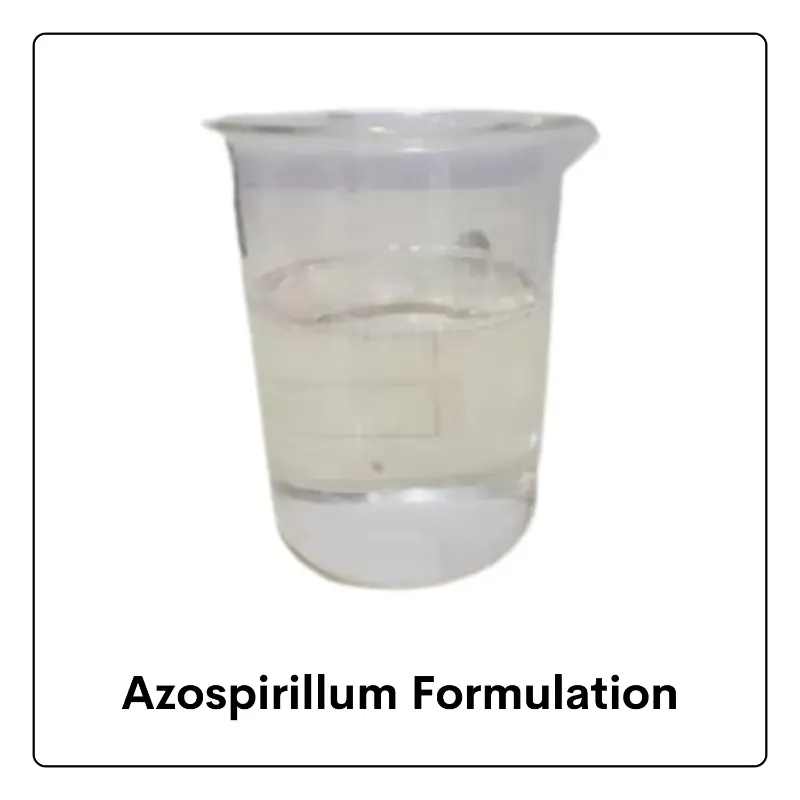
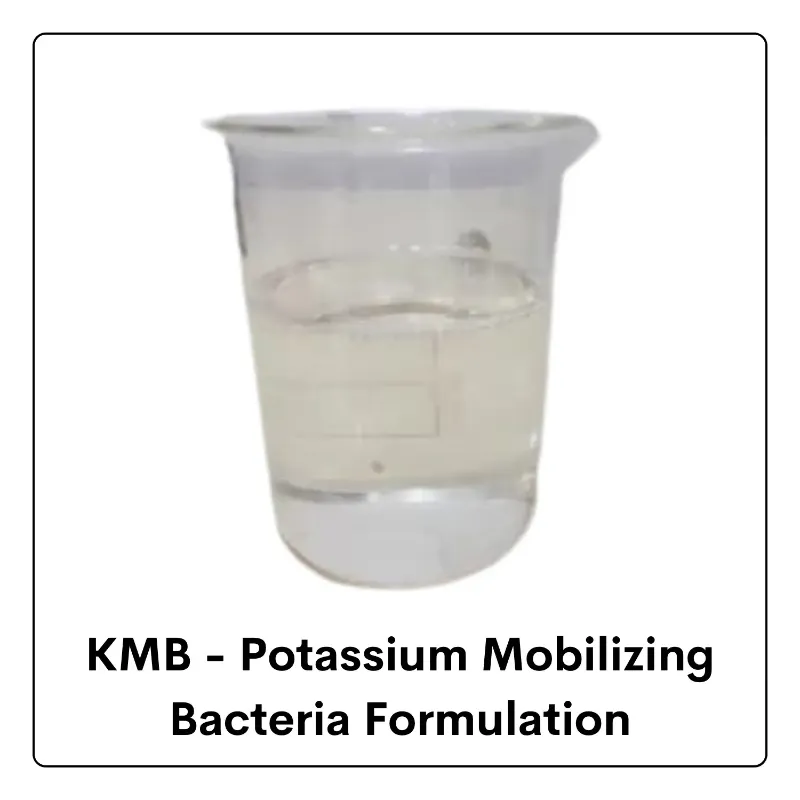
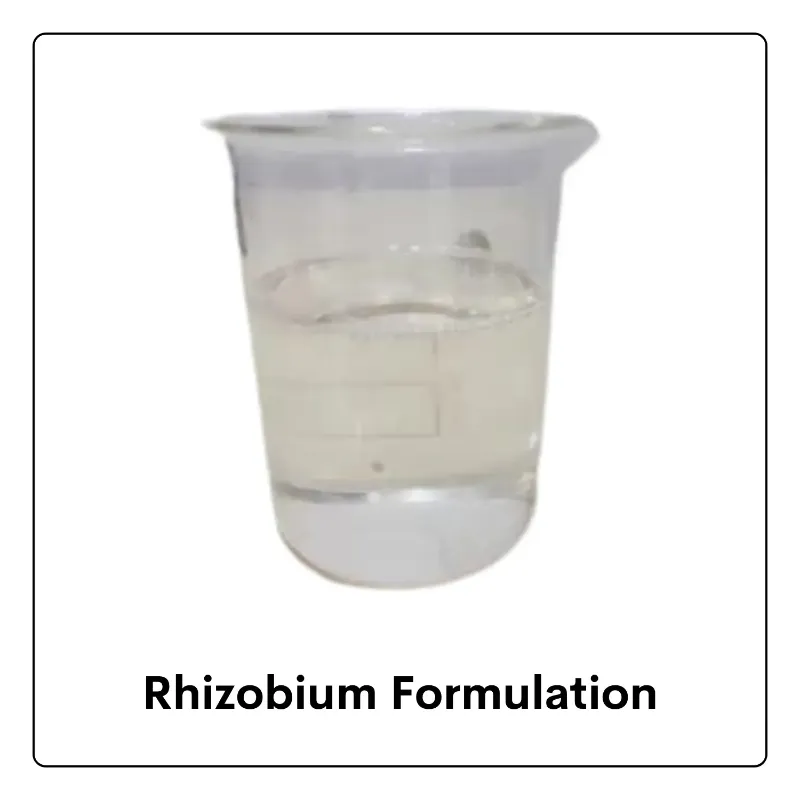
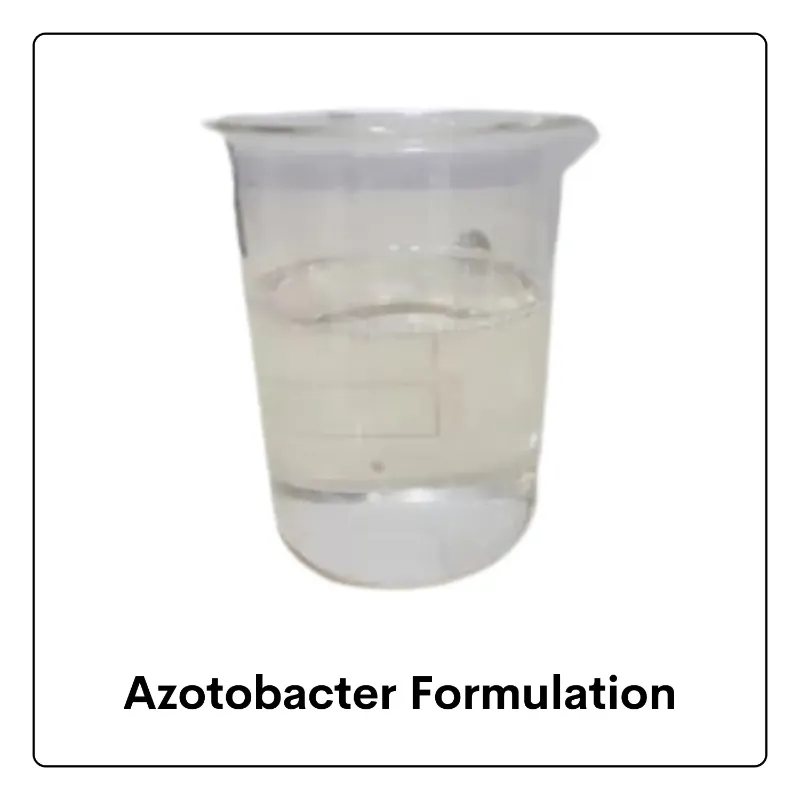



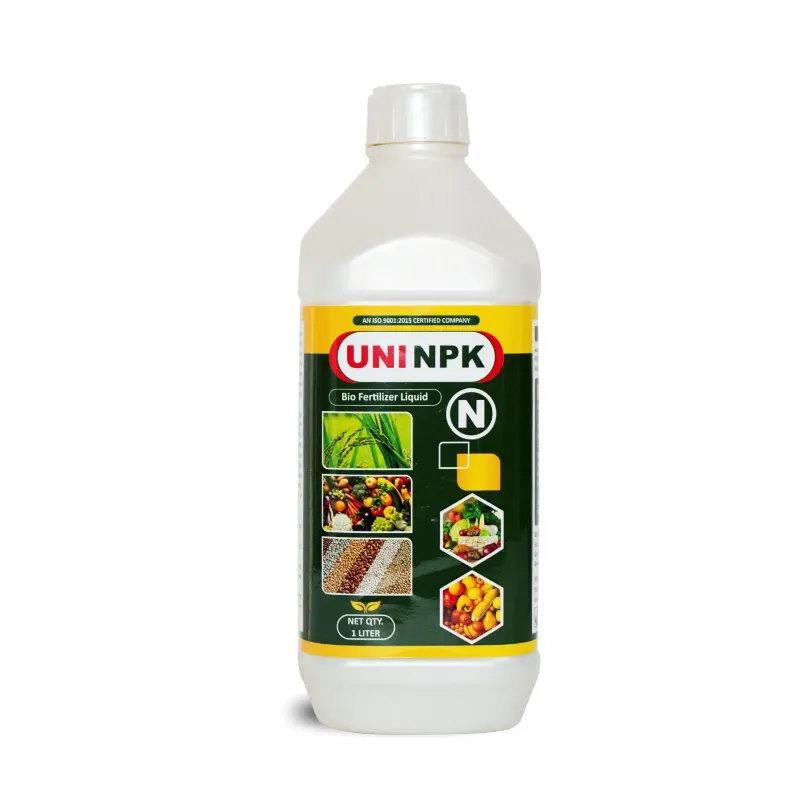

Login To Comment